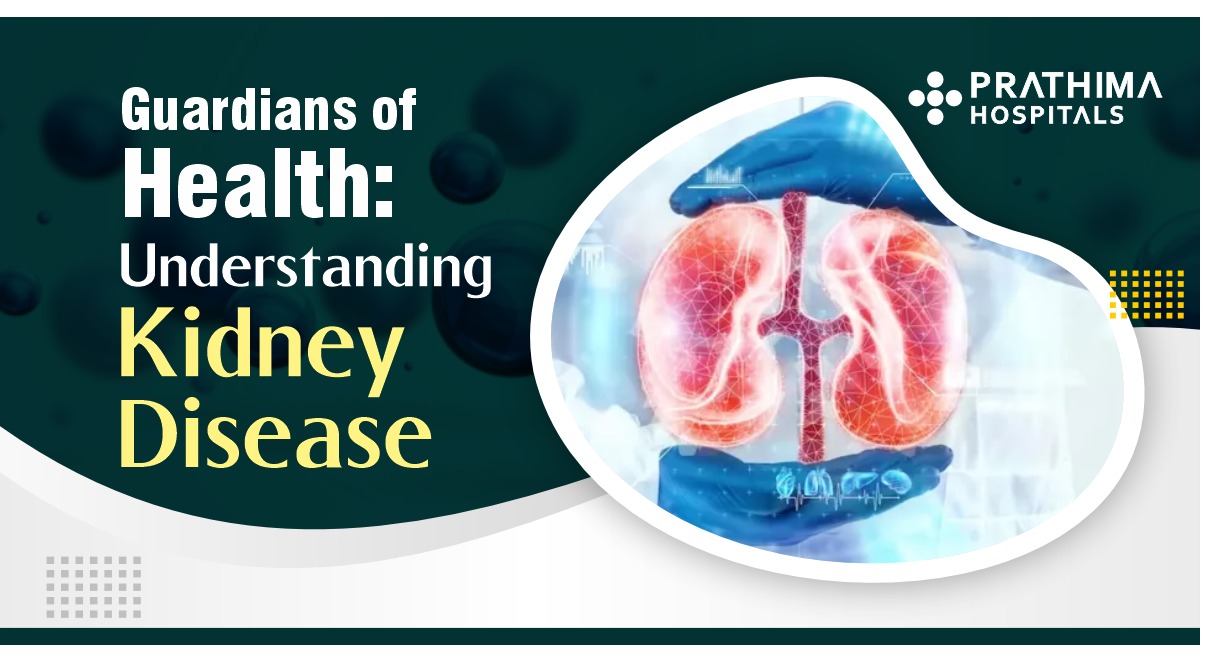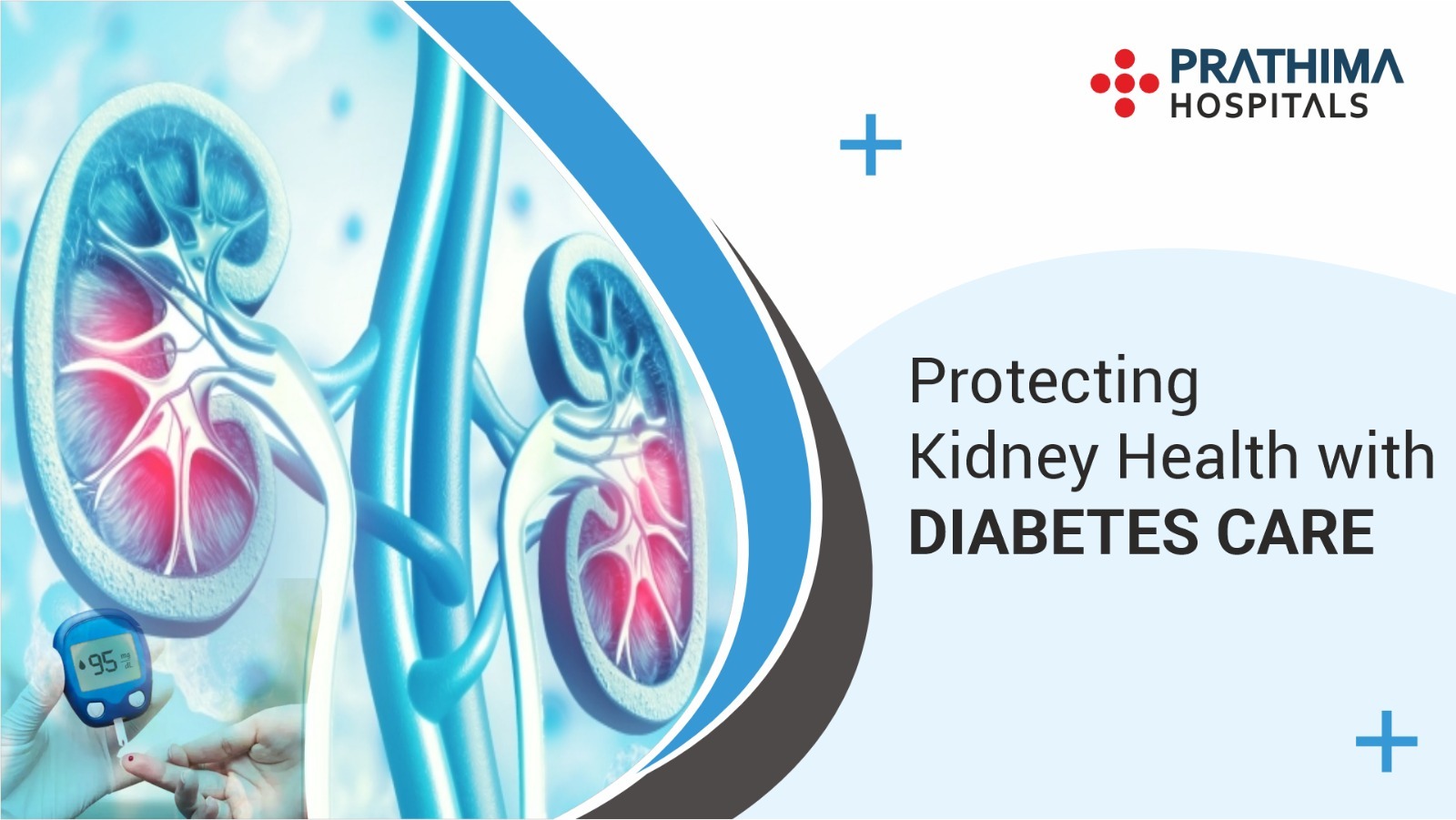What are the major Factors Triggering Asthma and Treatment Methods?

Asthma is a chronic disease that affects airways of your lungs. Your airways are the breathing tubes that carry air in and out of your lungs when you have asthma. Your airways become shrinking & cause airways to make thick and sticky secretions called mucus. Asthma also causes the muscles in and around your airways to get very tight. All of these changes make your airway narrow which makes hard for you to get air in and out of the lungs – ‘ Pulmonologist in Kachiguda ‘
How do I know if I have Asthma:
The most common symptom of asthma:
- Breathing difficulty
- Cough, especially at night (or) early morning
- Chest discomfort
- Wheezing
- Inability to perform activities of daily living
You may have days when you have every symptom and other days you may have no symptoms.
What causes asthma:
Asthma can be inherited or paged down from your parents or there is no family history. If you have asthma your airways are very sensitive than normal and your airways get irritated and tighten very early by of a variety of triggers.
- Allergens: pollen from weeds trees and grass, mold, cockroach dropping, dander from cats and dogs.
- Frequent lung or Sinus infection.
- Exhaust fumes from vehicles.
- Tobacco smoke.
- A strong odor of paint and cleaning products performs.
- Temperature or weather changes. Etc.
How asthma is diagnosed:
When you visit your doctor, you will be asked series of questions regarding your symptoms, family history, working history and medical history. Pulmonology function test (lung function test) is gold standard test used to confirm asthma. You are asked to perform breathing maneuvers. The test is repeated after inhaled medication called bronchodilator. A significant improvement in lung function can confirm asthma.
How asthma is treated:
Treatment can range from,
- Avoiding known triggers
- Inhaled medications will keep your airways open and reduce the swelling. If you have mild symptoms you may need only “reliever inhaler” to use only when you have symptoms. If your symptoms are more frequent you will be placed on controller (maintenance) inhaler.
- With regular follow-up with your doctor, Proper avoidance of Triggers, Regular & Right Medications you will have more control over symptoms.
- Other medications are aimed at alleging.
- Medical procedures to reduce airway tightening are rarely performed
Facts about asthma:
- With regular treatment, it can be controlled to live full and productive life.
- Asthma is a chronic condition, means it is these all the time even when you don’t have symptoms.
- Controlled medications should be used every day. To prevent from getting worse.
- Regular exercise helps improve lung function.





